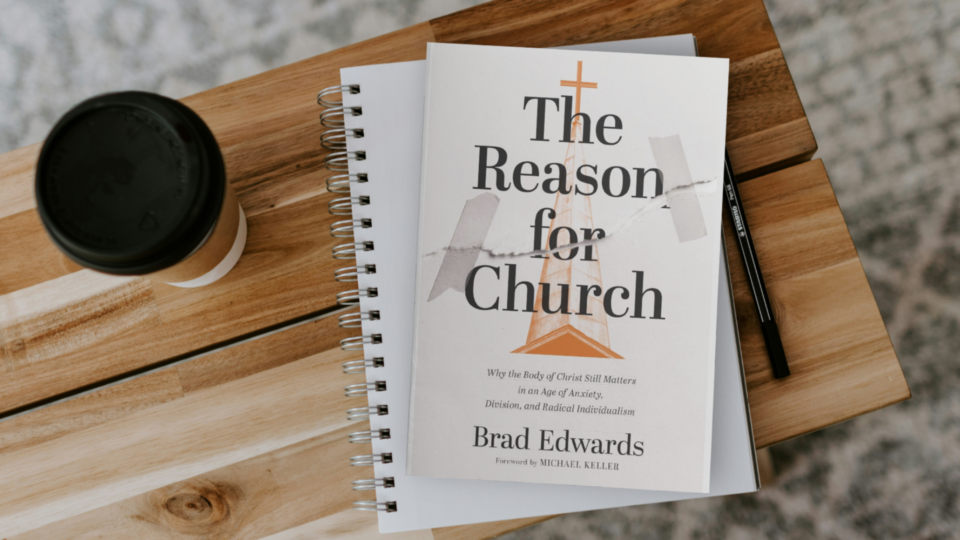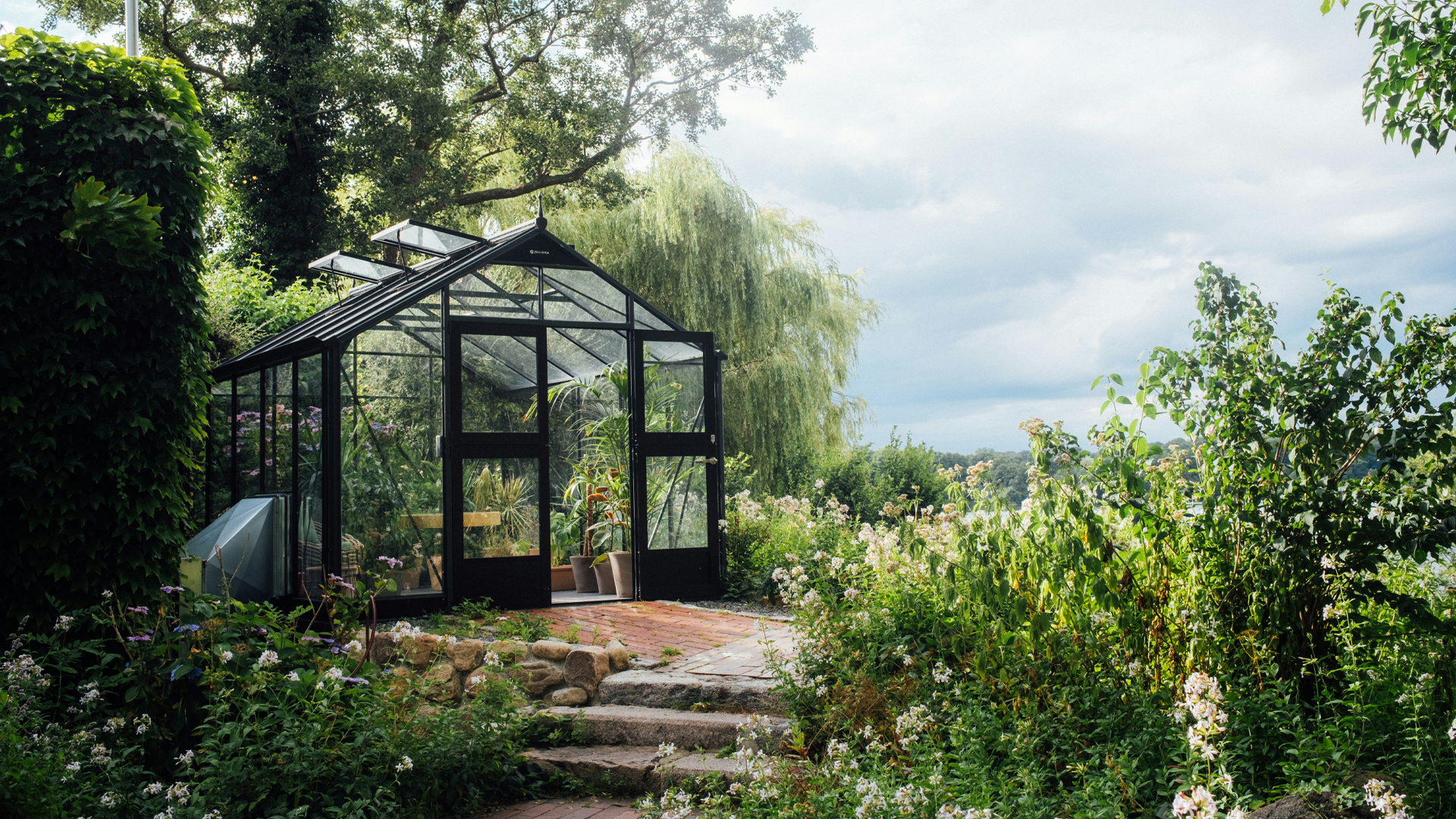This week the blog is sponsored by Zondervan Reflective. This was an excerpt from The Reason for Church: Why the Body of Christ Still Matters in an Age of Anxiety, Division, and Radical Individualism. Written by church planter and podcast host Brad Edwards, this book encourages believers to rediscover the goodness and beauty of the Body of Christ.
Whether you struggle to share the gospel with your neighbor, sacrificially love your spouse, pass the faith onto your children, or “love the Lord your God with all your heart and with all your soul and with all your might” (Deuteronomy 6:5), covenant membership is the A-to- Z of reintegrating life and cultivating faith in Christ. Paul says we can hope for and pursue that growth even within a profoundly flawed and imperfect spiritual greenhouse:
I planted, Apollos watered, but God gave the growth. So neither he who plants nor he who waters is anything, but only God who gives the growth. He who plants and he who waters are one, and each will receive his wages according to his labor. For we are God’s fellow workers. You are God’s field, God’s building. (1 Corinthians 3:6–9, emphasis added)
When God created Adam and Eve, he put them in a garden. Not a jungle, a meadow, or some other untamed environment. A garden. Gardens are both organic and ordered ecosystems. Paul understood that when congregations err in the organic direction (“field”), community is too much like a jungle. We expend so much energy fighting for sunlight and nutrients that we don’t have anything left for deepening roots or bearing fruit. A church built on the relational happenstance, preferences, or desires of its members won’t survive its first harsh winter. When churches err on the side of ordered (“building”), you get the perfectly manicured (and boring) gardens of Versailles—plants forced into shapes contrary to their nature. There’s nothing to harvest from this garden because fruit is just too inconvenient and messy to deal with, so the fruit-bearing genes have been bred out of every species. Cultivation isn’t for the plant’s good but for the sake of appearances.
God wants so much more for exiles than a dis-integrated way of life. He wants us to experience the teeming abundance of a life devoted to generative gospel community.
Brad Edwards
Thankfully, neither ecosystem is what Paul had in mind. Rather, the church is more of an English-style garden,1 positively teeming and bursting at the seams with all manner of life. It may look wild and untamed up close, but its abundance is not the result of neglect or entropy as it may first appear. This garden is the marriage of form and function, splashing color across a monochrome landscape. The harvest is plenty, with enough bounty to share with our neighbors. Nothing is zero-sum. Likeness and difference thrive as part of a mutually dependent, generative whole. You might still see the occasional dandelion, but it’ll stick out like a sore thumb and be uprooted long before it can do any lasting harm. None of that weeding and watering and fertilizing and pruning and waiting (especially the waiting) is in vain because God gives the growth.
God wants so much more for exiles than a dis-integrated way of life. He wants us to experience the teeming abundance of a life devoted to generative gospel community. We don’t have to choose between the dog-eat- dog jungle of radical individualism or being rigidly forced into a Versailles-like conformity unnatural to our design. We can be redeemed and our life reintegrated within this teeming, institutional ecosystem wherein Jesus cultivates apprentice gardeners (disciples) out of potted plants (exiles).
It may be only coincidence, but when Mary Magdalene first encountered Jesus outside the empty tomb, she initially thought he was just ”the gardener” (John 20:15). She wasn’t entirely mistaken either. If God gives the growth, then the church isn’t just a greenhouse for cut flowers. The Divine Gardener is in the business of resurrection. In and through his greenhouse, he brings dead and wilting flowers to life, roots them in fertile soil, and cultivates life-giving faith.

Note
1. I am shamelessly stealing this analogy from Jonah Goldberg, who shamelessly stole it from Friedrich Hayek, who first used it as a metaphor for how free markets cultivate economic growth. It turns out that what’s true of a dynamic in one “oikos” is often universally true across all institutions. Institutions are consistent like that.










